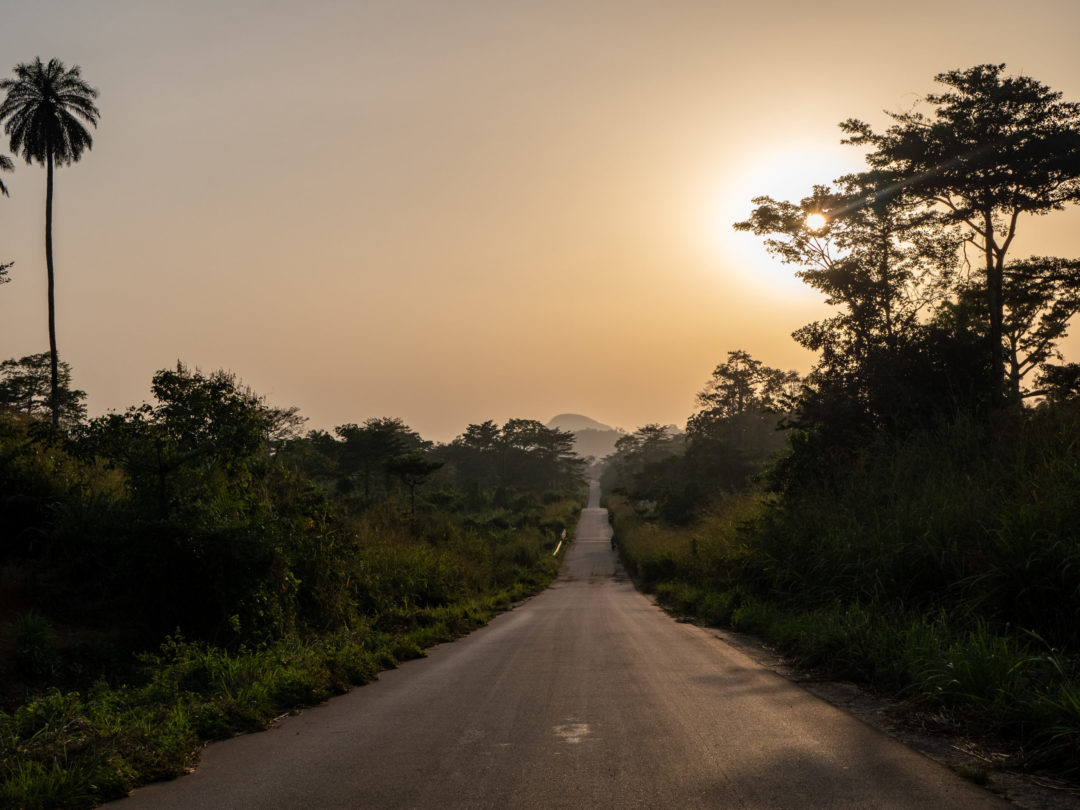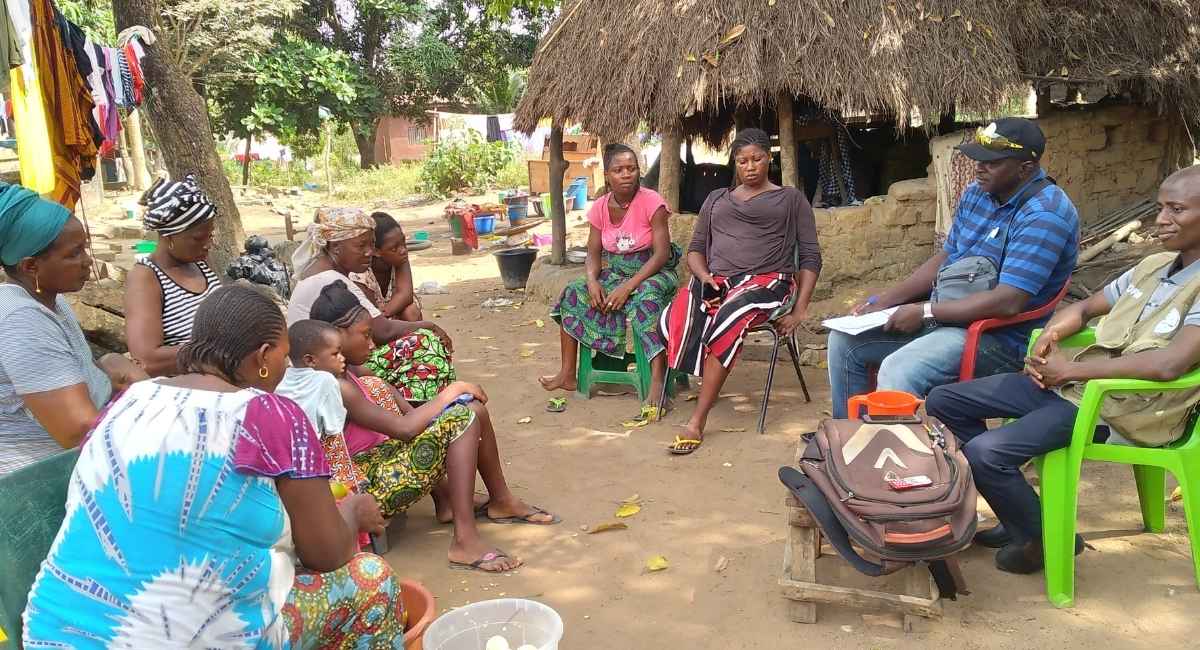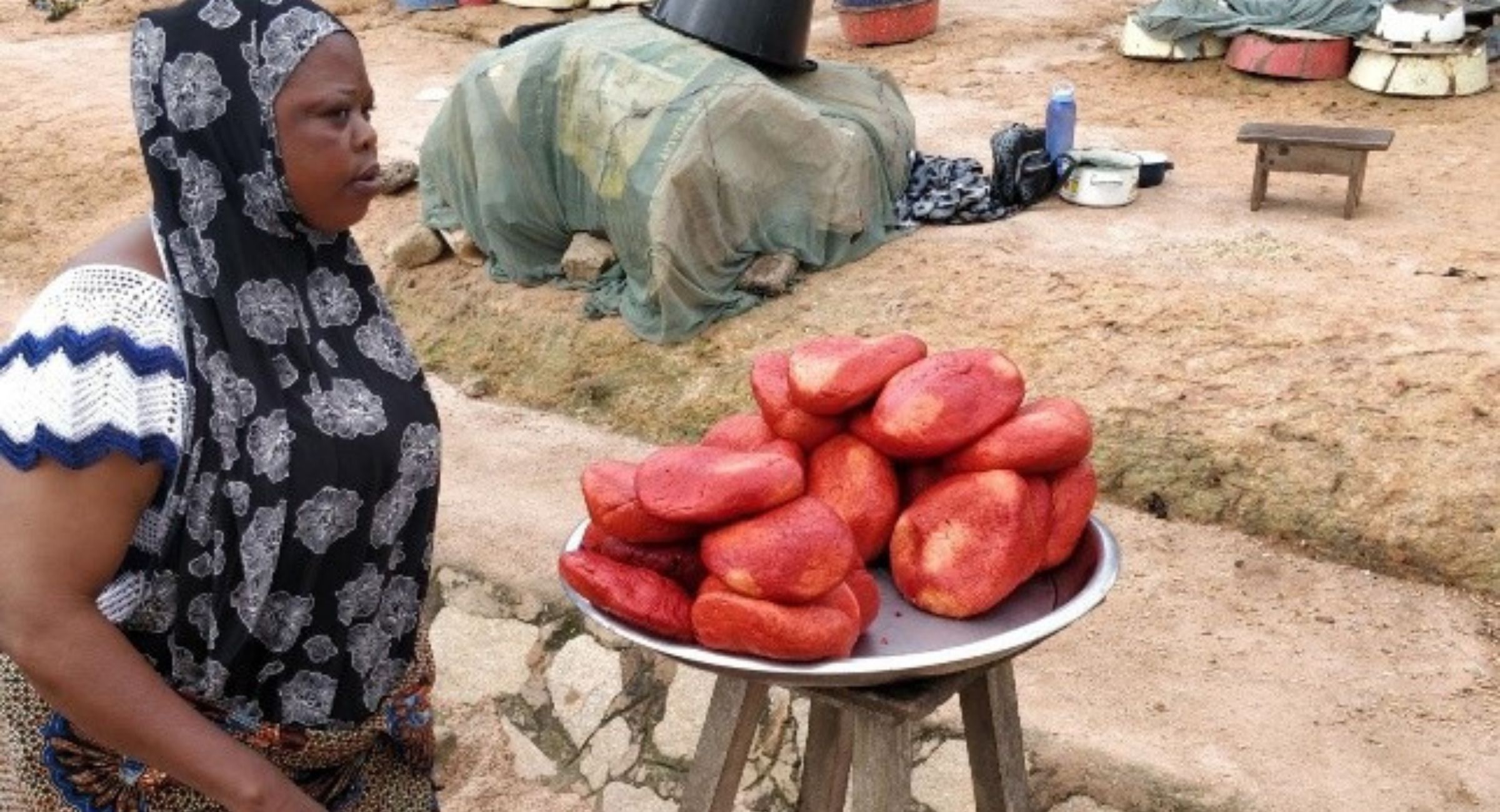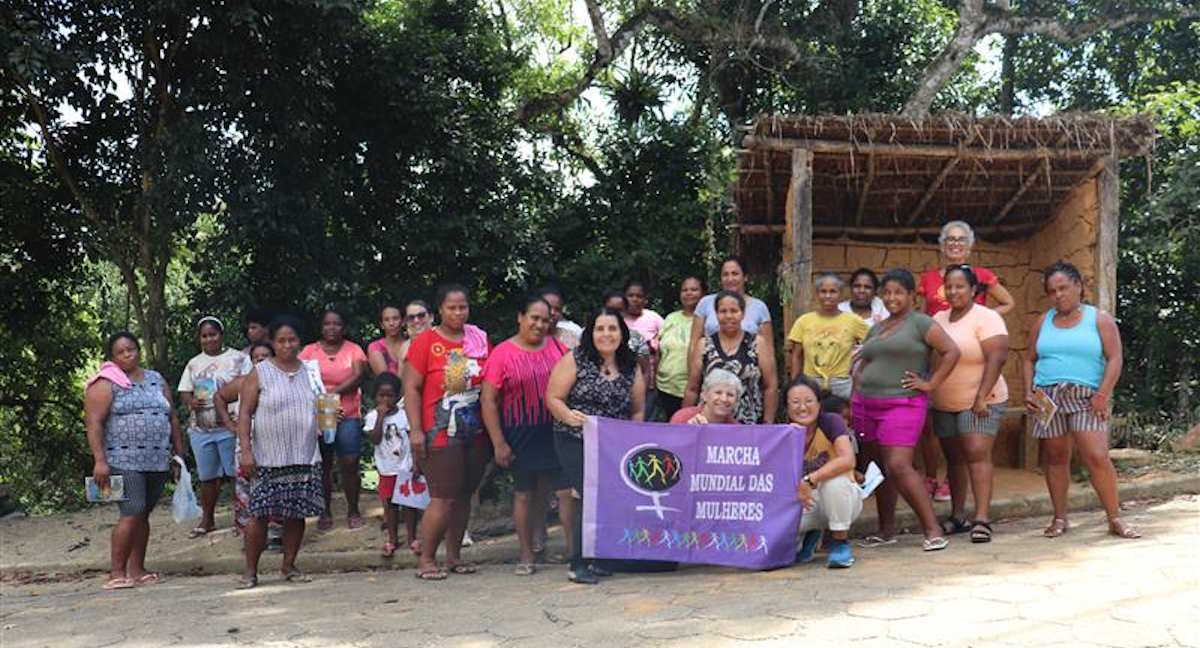Forest Guinea has a very rich, varied natural heritage. This region, located in the south-east of Guinea, is home to the Ziama biosphere reserve – the country’s largest primary forest – and the Mont Nimba nature reserve, and it is listed as a UNESCO World Heritage site. However, the region is economically coveted, and this endangers its balance. Mining, forestry and agricultural activities undermine biodiversity and reduce ground vegetation. Deforestation is caused notably by intensive logging, carbonisation[1] and recurrent bush fires; while the use of phytosanitary products in agriculture has consequences on soil pollution and waterways. To fight against environmental degradation, with support from GRET, civil society became gradually organised as part of the Saveur project [1], which ended in January 2023.
The objective of the Saveur project was to strengthen civil society organisations’ capacity for action, with a view to raising inhabitants’ awareness on environmental issues and implementing appropriate practices. In particular, the project aimed to improve dialogue between civil society, public authorities and private stakeholders. It also focused on strengthening civil society’s internal capacities in terms of management (administrative, organisational, financial), governance (operation of bodies, leadership, conflicts of interest), and their technical capacities (skills and expertise). A support fund was set up to finance initiatives by around thirty organisations.
Focus on four organisations supported by GRET and working locally on a daily basis to conserve the environment.
Work ranging from awareness-raising to proposing alternatives
These organisations’ primary area of work is training and awareness-raising. “There are huge challenges. Human beings are responsible for the destruction of flora and fauna. This is due to poor knowledge of environment-related issues”, says Joseph Haba, chairperson of ADAC Guinea (Association for agricultural and community development). Understanding the consequences of poaching, intensive agriculture and the use of phytosanitary products is therefore crucial to live what Joseph Haba describes as a “life that respects nature”.
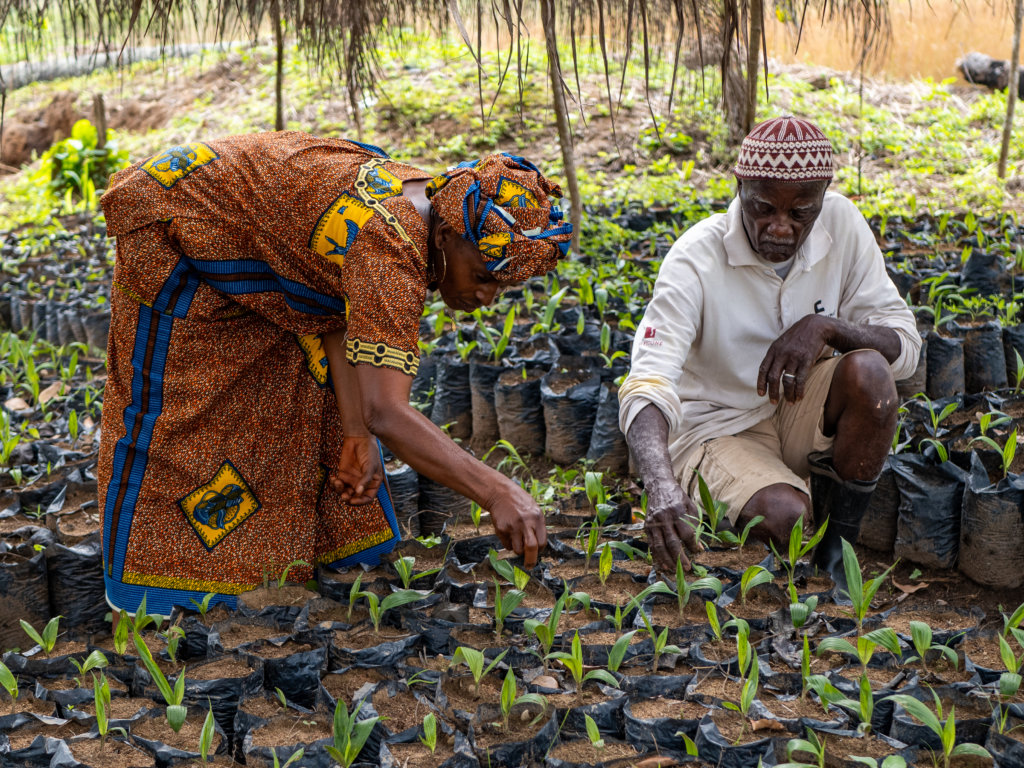
The organisations conduct awareness-raising activities locally, mainly among young people and women, who are considered as key populations for environmental protection in Forest Guinea. For example, the young people at the AJER association (Association of young students for reforestation) organised an environmental education day at the Lola prefecture.
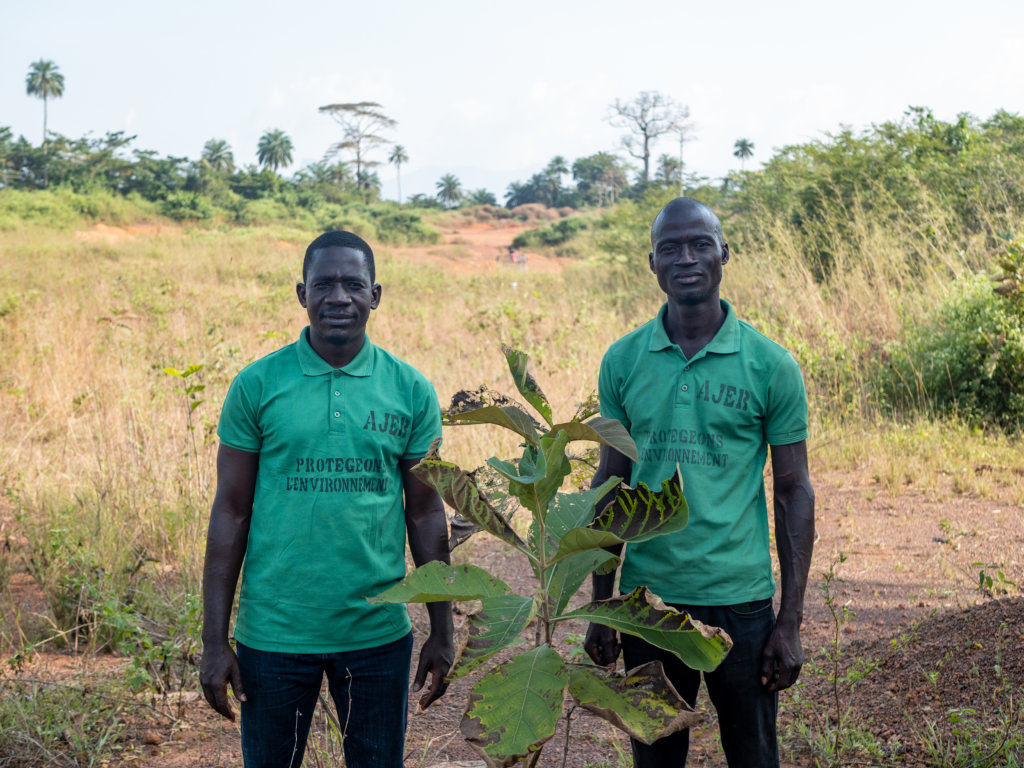
ANAD Guinea (National alliance of development stakeholders) organised workshops in schools and invites pupils to share best practices in their homes. Children in the village of Massadou planted hedgerows around their school: a reforestation activity similar to those conducted on a larger scale for drought-resistant local species (teak) and planting of cocoa, coffee and dwarf palm.
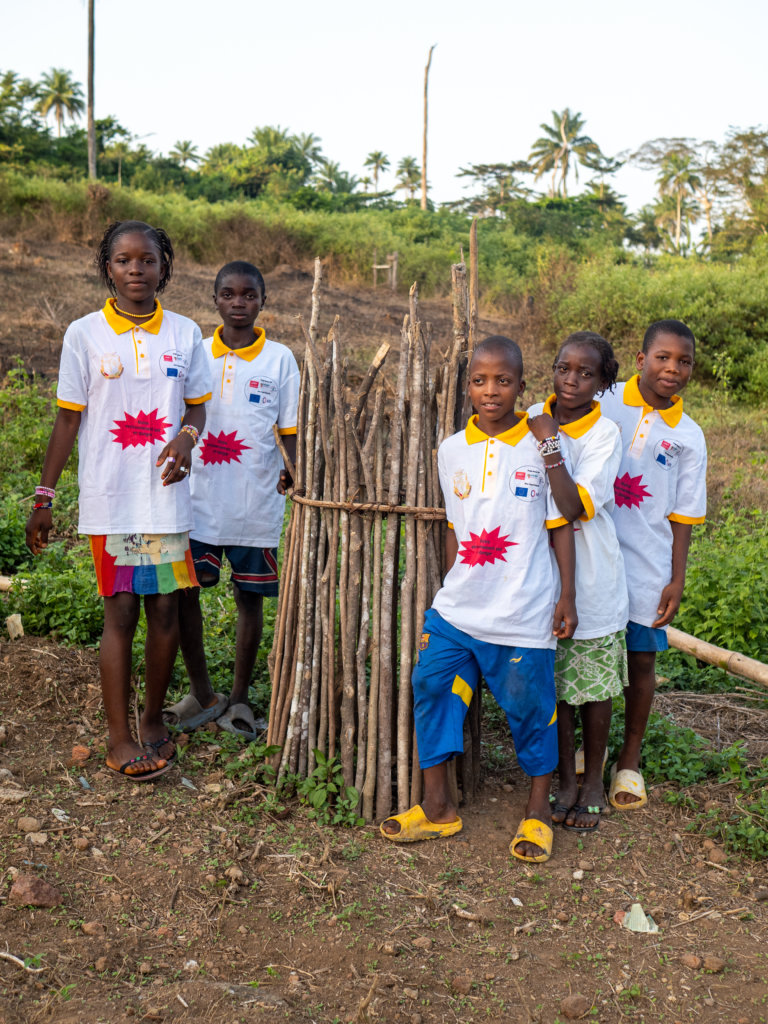
Apart from awareness-raising, the organisations supported by the Saveur project propose economic alternatives to carbonisation work, which is mainly carried out by women. Market gardening is also promoted as an income-generating activity. The executive director of AMODEL Guinea (Association for local development) is delighted: since the beginning of the project, some practices have been abandoned by communities in Macenta, for example illegal wood-cutting and the use of pesticides.
Organisations equipped to develop their activities
According to the chairperson of ANAD Guinea, the Saveur project made it possible to consolidate his organisation: “Thanks to the project activities, we strengthened our internal skills, particularly our budget planning and management tools. Recently, we even obtained regional approval and recognition from the Guinean State”. This observation is shared by the young people at AJER, who are now using administrative and accounting documents to monitor their reforestation activities.
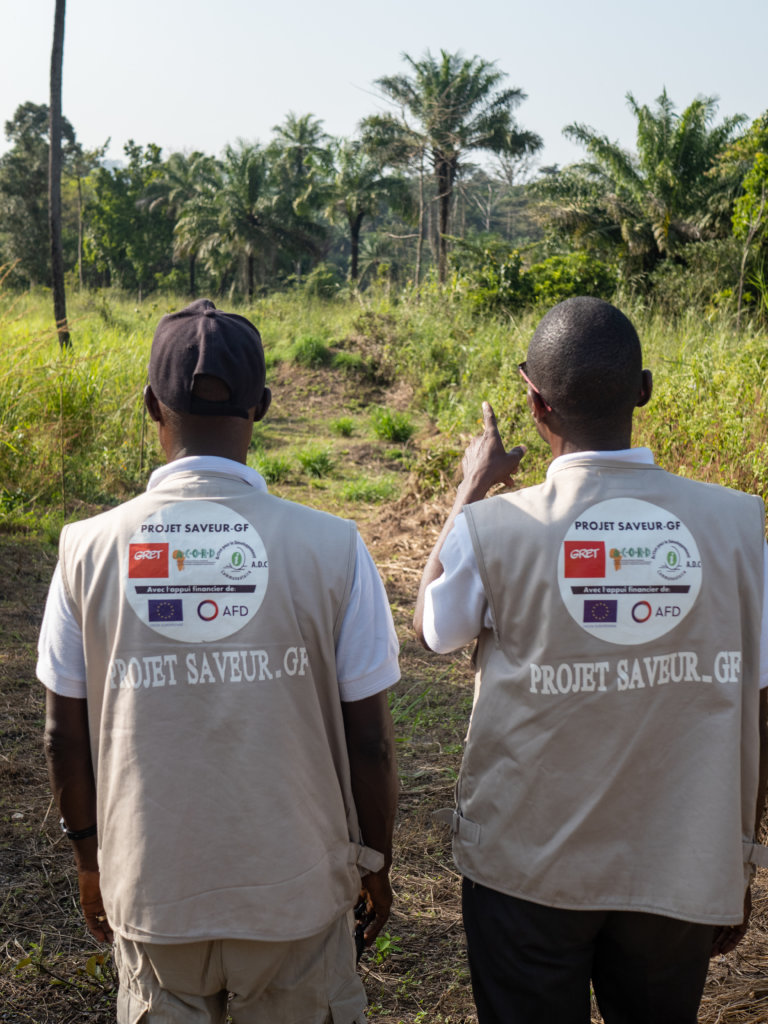
In order to assess Saveur, the project team organised a series of workshops, the last of which was held in December 2022. These workshops brought together representatives from civil society, State technical services and administrative authorities, consultation frameworks, local elected representatives and private sector stakeholders.
The workshop highlighted the fact that civil society organisations had improved their governance, their modes of intervention and their technical expertise.
Multi-stakeholder consultations (collaborations between civil society organisations and sectoral technical services working in agriculture, livestock farming and the environment) became more dynamic thanks to the enthusiasm generated by discussions among participants on environmental issues. Lastly, the assessment made it possible to observe that – thanks to social mobilisation, communication and advocacy actions – civil society organisations effectively influenced environmental policies at territorial level.
« This project involved many stakeholders: the State, civil society and private stakeholders. With a common goal of reducing negative impacts on the environment. We are proud of this project and of the joint efforts made. » Jean 14 Koivogui, GRET’s representative in Guinea and Saveur project manager.

